From Figs to Persimmons: Do Deer Eat Fig Trees and Which Deer Resistant Fruit Trees Work Best?
Gardening in areas with active deer populations can be a real balancing act. Deer are curious, opportunistic feeders, and when food gets scarce, almost anything in the landscape becomes fair game. This includes fruit trees, vegetable beds, and even plants you might assume are safe. One of the most common questions gardeners ask is: do deer eat fig trees? The answer is sometimes—and understanding why can help you build a truly deer resistant garden.
This guide explains how deer behave around fig trees, which deer resistant fruit trees offer the best protection, and how to design a garden that deer are less likely to destroy.
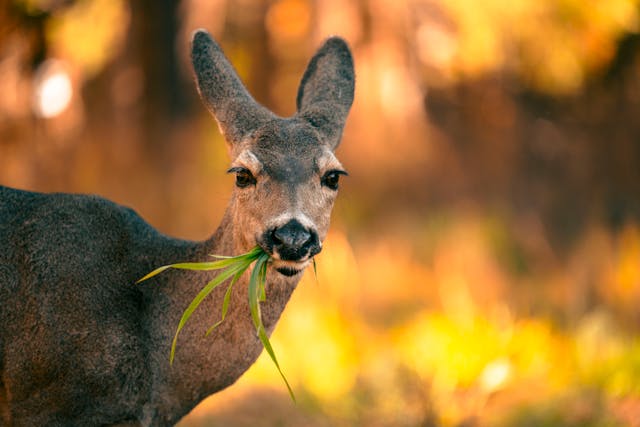
Do Deer Eat Fig Trees?
So, do deer eat figs, fig leaves, or fig bark? Fig trees (Ficus carica) are not high on a deer’s preferred food list. Their leathery leaves, strong aroma, and milky latex sap make them less appealing. This means fig tree deer resistant qualities are real—but not perfect.
Are Fig Trees Deer Resistant?
Yes—are fig trees deer resistant? Generally, they are. Most mature fig trees withstand browsing well, and deer usually walk right past them in search of more tender, sweeter options. The exception? Young fig trees in early fall. When food runs low, deer may nibble tender tips, new shoots, or even sample fruit.
Many gardeners still ask, does deer eat fig trees or fruit? It can happen, especially when local deer populations surge or natural forage drops. While some deer will ignore figs completely, others may occasionally sample them. It’s rare, but will deer eat figs? Yes—sometimes. Will deer eat fig trees? Mostly the young ones.
For added safety, consider protecting young trees with fencing and netting or sturdy tree guards.
What Fruit Trees Are Deer Resistant?
If you're planning an orchard, choosing deer resistant fruit trees makes your garden much easier to maintain. While no tree is completely deer proof, some trees are deer resistant because of their tough leaves, sap, or taste.
Top Deer Resistant Fruit Trees
- Persimmons – Their astringent taste discourages deer. Try growing hardy varieties from our persimmon collection.
- Pawpaws – Their tropical scent and bitter leaves make them unappealing.
- Mulberries – Their strong sap and woody growth help protect them, especially mature trees.
- Figs – Not highly attractive to deer.
- Olives – Their bitter, evergreen foliage makes them naturally deer resistant.
- Quince – Fuzzy leaves and fruit reduce browsing.
These trees don’t guarantee zero deer eating, but they greatly reduce the odds.

Deer Resistant Vegetables, Herbs & Berries
Deer avoid many strong-scented, prickly, or spicy crops. Mixing these into your garden helps create a natural barrier—even around high-risk fruits like peaches, grapes, and berries.
Recommended Deer Resistant Vegetables
- Artichokes – Their prickly leaves deter deer.
- Hot Peppers – Capsaicin is a strong deterrent.
- Cucumbers – While do deer eat cucumbers? Sometimes, they are not a top choice.
Aromatic Herbs Deer Avoid
Strong fragrances confuse deer and help protect nearby crops. Great choices include:
These herbs fit well in a deer resistant garden, and pairing them with deer resistant berries (like currants or gooseberries) adds another layer of protection.
Tips for Protecting Fruit Trees From Deer
Even the toughest fruit trees benefit from thoughtful planning.
1. Use Physical Protection
Strong fencing is the most reliable option. Shop deer fencing options for long-term defense.
2. Apply Deer Repellents
Organic repellents can help reduce browsing. Browse our curated options:
Deer repellents and deterrents
3. Protect Young Trees
Young bark is tender and more attractive to deer. Use tree guards to prevent damage.
Conclusion
Designing a productive garden in deer country doesn’t have to be difficult. Knowing what deer prefer—and what they avoid—helps you choose smarter plant combinations. While many gardeners ask do deer like figs, most deer show only mild interest in mature fig trees. Pairing figs with other deer resistant plants like persimmons, olives, pawpaws, artichokes, and aromatic herbs creates a landscape that naturally discourages browsing.
With the right mix of plant selection, physical protection, and strategic layout, you can maintain a thriving orchard and vegetable garden even in areas with high deer pressure.
By working with deer behavior instead of fighting it, your garden can remain productive, resilient, and far less prone to unexpected nighttime snacking.


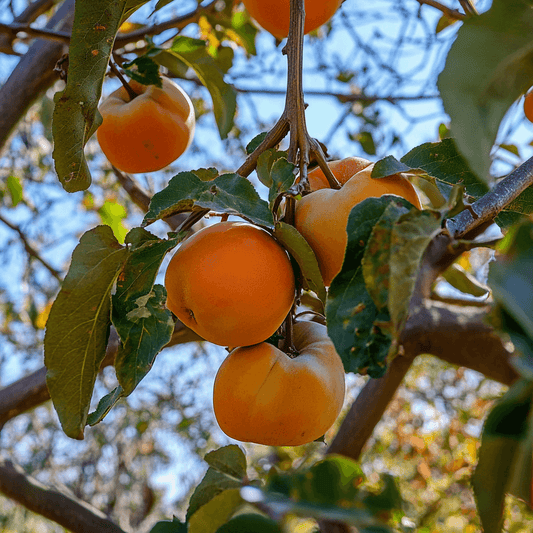
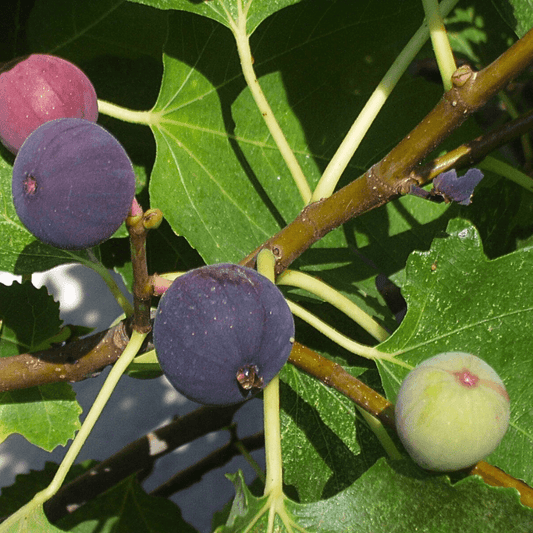
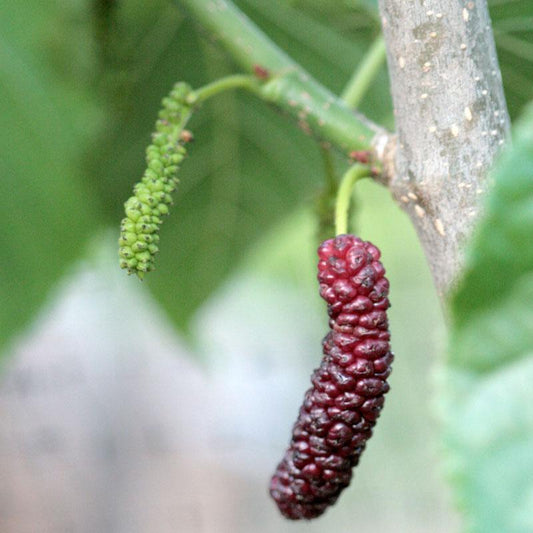
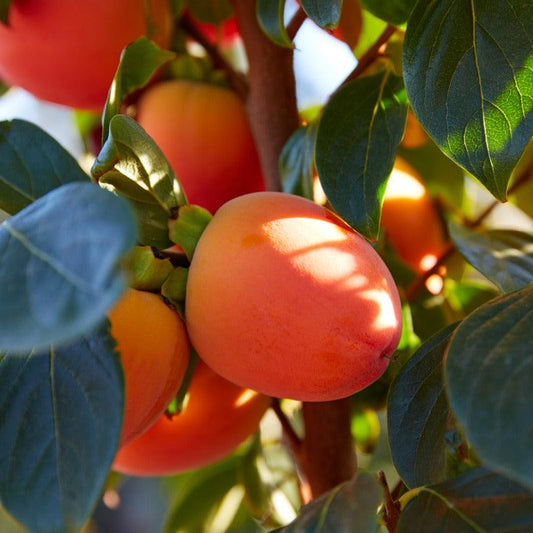
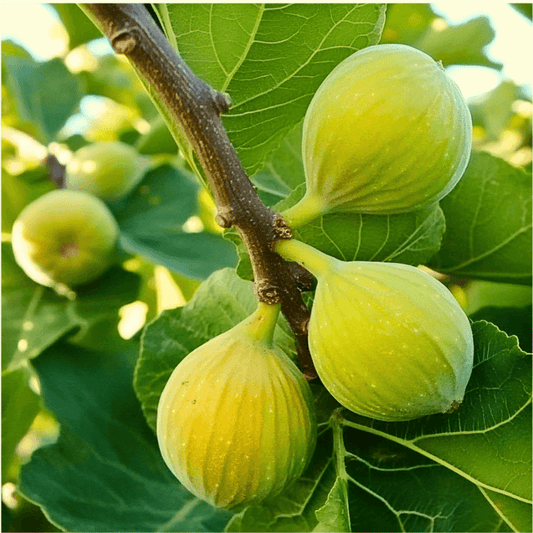
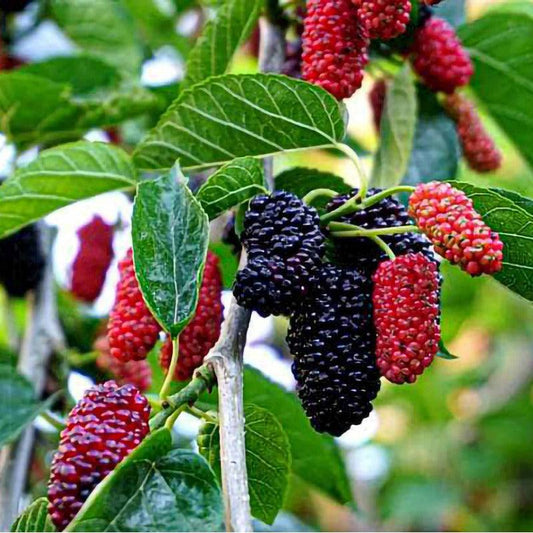


23 comments
The deer came right up on my deck and chowed down on my fig…I wasn’t sure that it would survive but it did and I have had them eat my tomato plants down to nothing.
Deer LOVE basil.
Deer have always eaten my tomato plants put outside of a fence. Not a fluke. Hopefully artichokes will be safe as they would take up too much room in the garden. Am going to try them this year.